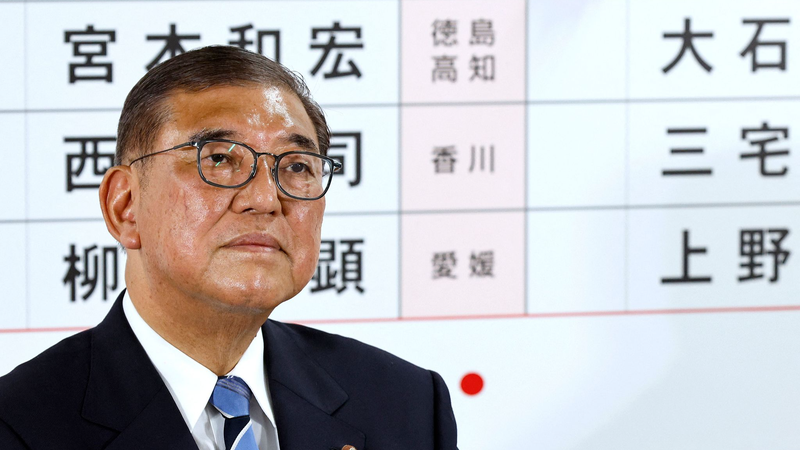In a surprising twist for a party that has governed Japan almost continuously since 1955, Prime Minister Shigeru Ishiba’s ruling coalition fell short of securing a majority in the upper house election held this weekend. The Liberal Democratic Party (LDP) and its partner Komeito returned 47 seats—three shy of the 50 needed in the 248-seat chamber where half the seats were up for grabs.
This loss adds to the LDP’s bruising performance from last October’s lower house election, intensifying the spotlight on Ishiba’s leadership. While the outcome doesn’t automatically trigger a government collapse, it raises the stakes in Tokyo’s halls of power, where a no-confidence motion could now gain traction.
The stakes extend beyond domestic politics. Ishiba has framed his decision to stay on as party leader around critical tariff negotiations with the United States. “We are engaged in extremely critical tariff talks,” he told TV Tokyo, underscoring the need for “complete dedication and energy” to safeguard Japan’s interests. For young professionals and entrepreneurs, the resulting policy uncertainty could ripple through international trade, supply chains, and market sentiment.
Data from past cycles shows that the last three LDP premiers who lost an upper house majority stepped down within two months. This time, however, Ishiba vowed to stay, setting the stage for a potential leadership contest. Notable figures eyeing the top spot include Sanae Takaichi, Takayuki Kobayashi, and Shinjiro Koizumi, whose family legacy promises high drama in the party’s corridors.
Analysts warn that without a clear majority, the government will either have to negotiate every bill with opposition parties or broaden its coalition—both time-consuming paths that could stall key reforms. For investors and business leaders tracking Japan’s economic recovery, gridlock could delay initiatives on tech innovation, sustainability, and global partnerships.
As the global community watches, this episode offers a live case study in modern multiparty politics: how a dominant party adapts under pressure, how leadership dynamics evolve, and how policy agendas shift when parliamentary math changes. For young global citizens and change-makers, the takeaway is clear: even established powers face unexpected turns, and the next chapter in Japan’s political saga will shape the country’s role on the world stage.
Reference(s):
cgtn.com



